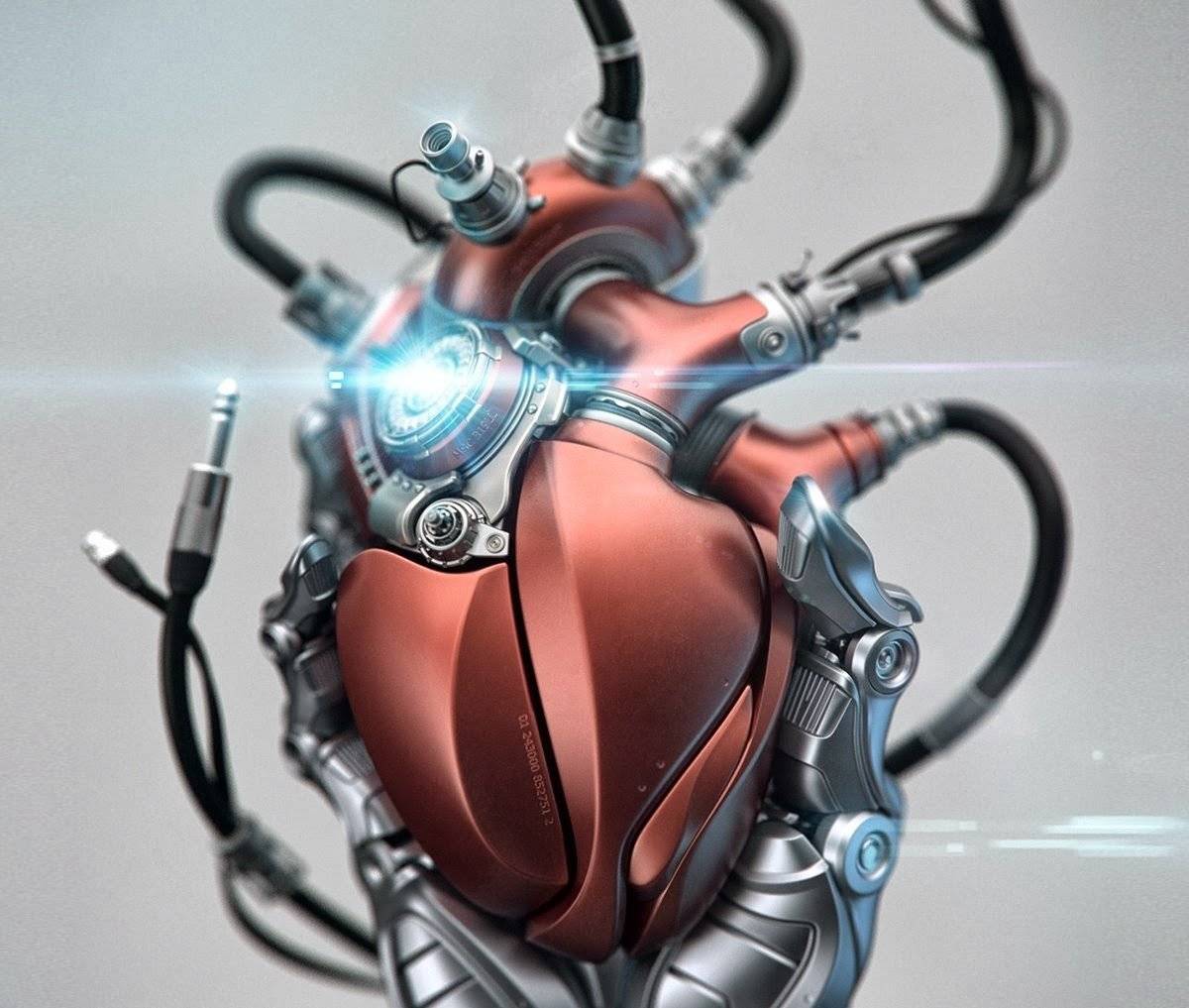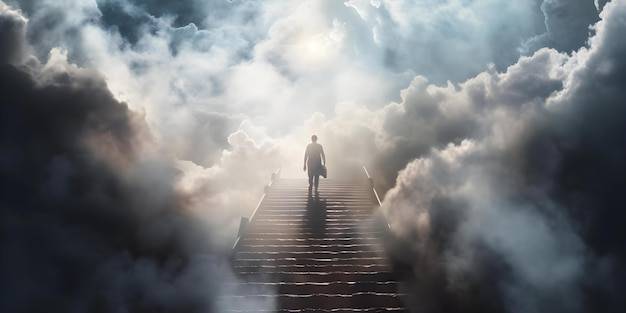Exploring the Unknown: Academics Investigate Reincarnation and Communication from the "Beyond".
A small but dedicated group of academics is venturing into the uncharted territory of reincarnation and communication with the deceased. Through meticulous research and case-by-case analysis, they seek to shed light on these age-old mysteries.
Led by Dr. Jim Tucker, a psychiatrist at the University of Virginia, this team of researchers is delving into the world of near-death experiences, past-life memories, and alleged communication with the dead. Their work is not without controversy, as they challenge the conventional boundaries between science and spirituality.
Reincarnation: A Case-by-Case Approach
Dr. Tucker's research focuses on children who claim to have memories of past lives. He has documented over 3,000 cases, each meticulously investigated and verified. One notable example is the case of Ryan Hammons, a young boy who recalled vivid details of his past life as a Hollywood extra.
While skeptics attribute such memories to fantasy or suggestion, Dr. Tucker's team argues that the sheer volume and specificity of these cases warrant further exploration. By analyzing these accounts, they hope to uncover patterns and clues that might shed light on the possibility of reincarnation.
Another area of investigation involves communication with the deceased through mediums and channeling. Dr. Julie Beischel, a psychologist at the Windbridge Research Center, has conducted extensive research on mediumship, studying the accuracy and reliability of information conveyed through alleged communication with the dead.
While the scientific community remains divided on the validity of these claims, Dr. Beischel's work has yielded intriguing results. In one study, mediums demonstrated statistically significant accuracy in providing details about deceased individuals, even when the information was not publicly available.
Challenges and Controversies
The research into reincarnation and communication with the dead is not without its challenges. Many scientists remain skeptical, citing the lack of empirical evidence and the potential for fraud or deception.
Moreover, the topic itself can be emotionally charged, with some individuals deeply invested in the idea of an afterlife or the possibility of communicating with loved ones who have passed away.
As these academics continue their research, they are driven by a desire to understand the unknown and to push the boundaries of human knowledge. While their work may not provide definitive answers, it has the potential to illuminate new areas of inquiry and challenge our assumptions about the nature of reality.
In the words of Dr. Tucker, "We're not trying to prove or disprove reincarnation or communication with the dead. We're simply trying to understand the data and see where it takes us." As they delve deeper into the mysteries of the unknown, their work may ultimately expand our understanding of the human experience.



No comments yet
Be the first to share your thoughts!